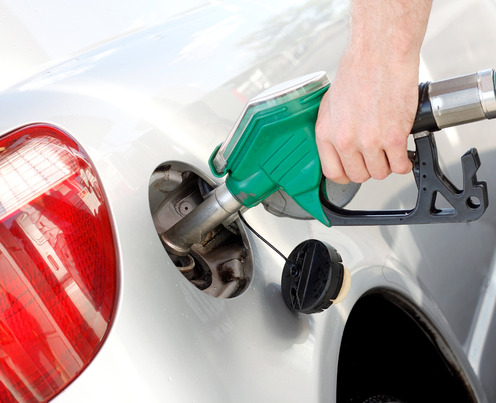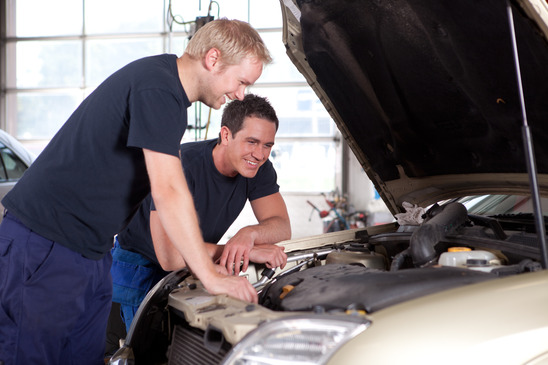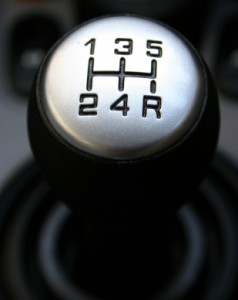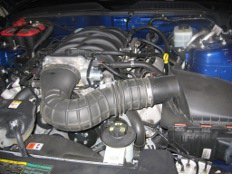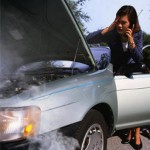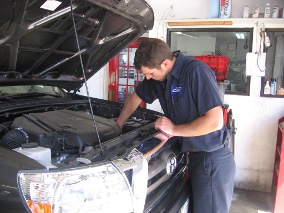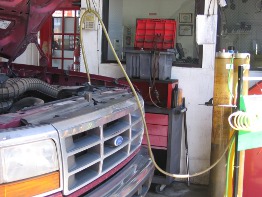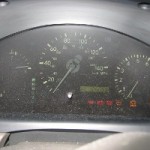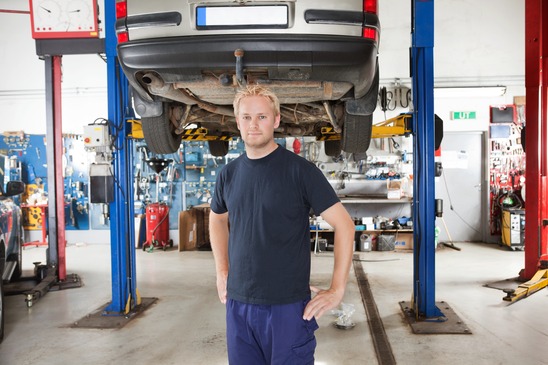
Have you decided to keep your old car instead of buying a new one? You are not alone. Many people today are looking for ways to save. If your automobile is in great shape and only a few years old, it makes sense to avoid the monthly payments and the increased insurance premiums, and invest in a little auto repair and maintenance items instead.
One of the most important words in your car’s maintenance schedule can be summed up in one word … routine! You brush your teeth every evening for bed. You get your hair trimmed on a regular basis. Your auto maintenance should be just as routine.
Until it becomes a routine, it may be beneficial to mark it on the calendar. Schedule days to fit in with your normal routine; days when you can devote time to bringing your car in to a trusted auto mechanic – or do some of it yourself. Here is a list of regular auto maintenance items.
Monthly
Every month, check your brake, power steering, transmission, antifreeze and windshield washer fluids. While not all of these need to be changed each month, putting it into your routine can allow you to find problems before they turn into something more.
You should also check your tire pressure, and see if your head and tail lights are in working order. [Read more…]

